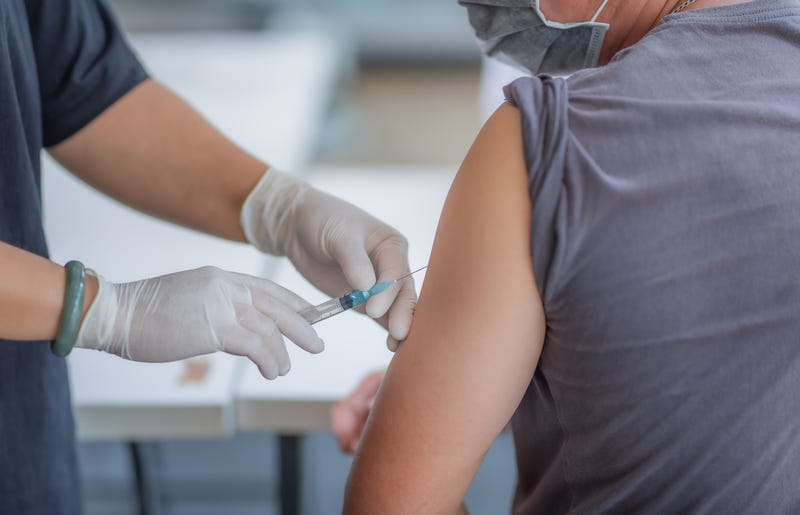
HARTFORD, Conn. (WTIC Radio)—As Connecticut awaits the emergency use authorization of the Pfizer COVID-19 vaccine, officials with Trinity Health of New England are stressing the importance of staying vigilant with health precautions even after the vaccine is administered.
Trinity Health leaders virtually joined U.S. Senator Richard Blumenthal Friday in announcing that they hope to have clinics across the health care system ready to carry and distribute the vaccine early next week, possibly as early as Monday.
Once the U.S. Food and Drug Administration (FDA) authorizes emergency use of the vaccine, Trinity Health will be ready to store about 600 thousand vials at St. Francis Hospital in a ultra-cold freezer, according to Chief Medical Officer Syed Hussain at St. Francis Hospital.
"One vial can vaccinate up to five people," Hussain said, "It's three million doses that we can store."
Once the first shipment arrives, Trinity Health officials said distribution will be done in phases with those at highest risk of contracting the virus or developing severe disease being the top focus.
Health care providers and long-term care facility residents are expected to be first in line for vaccination, officials said.
However, officials are urging those who get the vaccine to continue following all safety precautions even after the vaccine is administered.
"Until we have vaccinated enough people to achieve herd immunity, we must remain vigilant in the necessary safety precautions to protect ourselves and each other against the virus," Dr. Jessica Abrantes, Director of Infectious Disease at St. Francis Hospital, said.
"That means that even after vaccination, masks, physical distancing, hand hygiene must remain," Abrantes said.
Abrantes and Hussain stressed that the need to follow these precautions will most likely go well into next year.
Knowing many are hesitant to get the vaccine, officials are working to educate the public and their own health care workers about it.
Some people may experience symptoms that are commonly seen with safe vaccines, Abrantes said, such as muscle aches, injection site pain or redness.
According to Hussain, an internal survey showed 60 to 70 percent of the system's health care workers would voluntarily get vaccinated.
With internal vaccination education, Hussain said they expect that statistic to grow.
Though there are some questions still up in the air about the vaccine, Abrantes said details concerning age groups, pregnancy and other medical conditions will be made clear with the final, official recommendation of the FDA's emergency use authorization.

